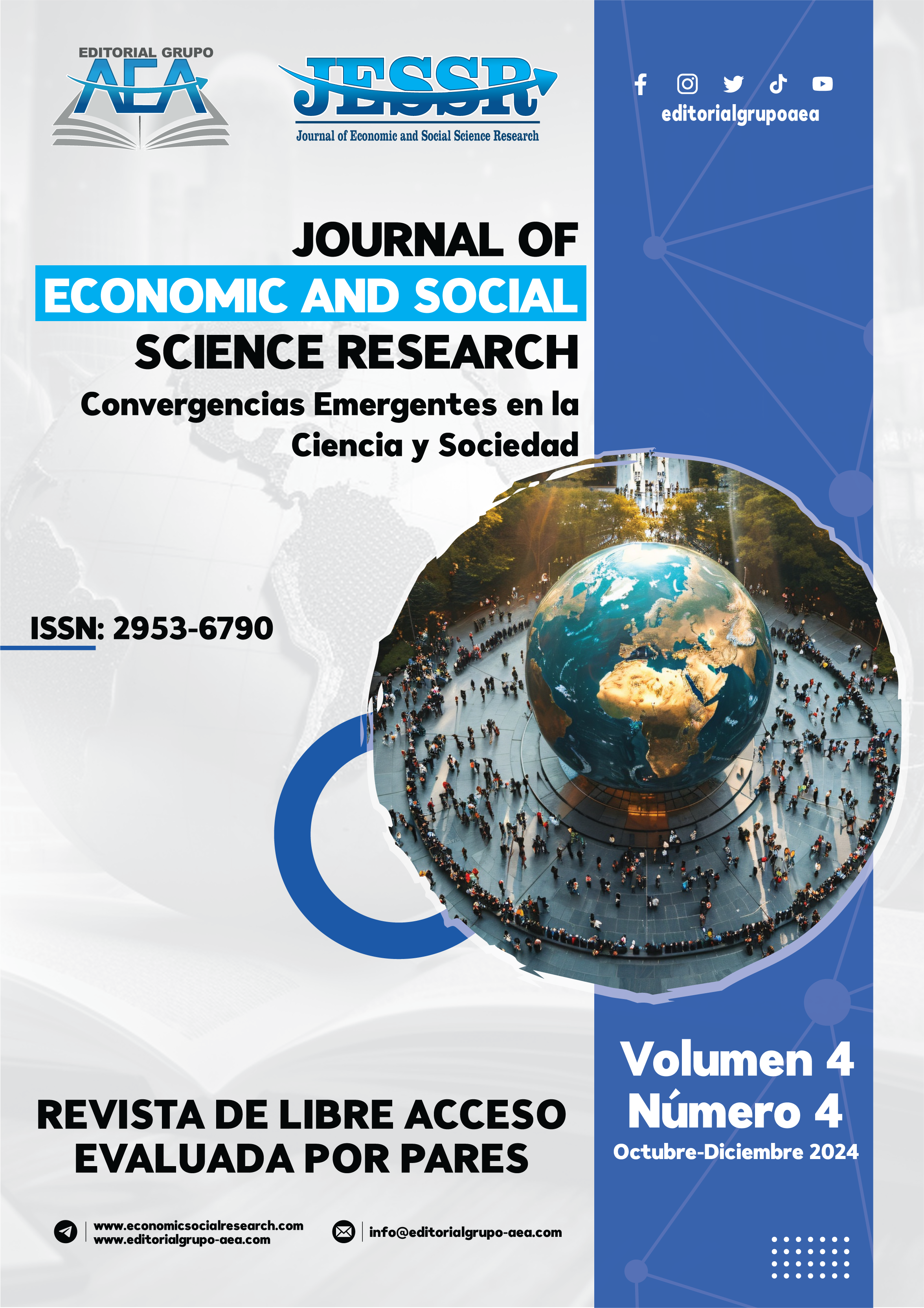Analysis and benefits of education in the age of artificial intelligence
Main Article Content
Abstract
The study addresses the educational transformation driven by artificial intelligence (AI) and the challenges associated with its implementation in the academic context. The main objective is to analyze the benefits, risks and ethical considerations in the adoption of AI in education, through a comprehensive literature review of recent studies and reports from international organizations. The methodology employed was exploratory, based on a literature review in academic databases and relevant sources on AI and education. The results highlight that AI makes it possible to personalize learning, automate administrative tasks and optimize real-time feedback; however, it also raises ethical issues in terms of data privacy and algorithmic bias, as well as inequalities arising from the digital divide. The discussion suggests that while AI offers opportunities to improve educational quality, its integration must be carefully managed to avoid inequalities and protect student autonomy. In conclusion, the study highlights the importance of inclusive policies, investment in infrastructure and teacher training to ensure that AI acts as an educational complement, promoting ethical and accessible education for all.
Downloads
Article Details
Section

This work is licensed under a Creative Commons Attribution-NonCommercial 4.0 International License.
How to Cite
References
Barrios-Tao, L., Martínez-Comesaña, M., & Parreira, M. (2021). El aprendizaje personalizado desatado: La IA como nuevo arquitecto de la educación universitaria. Revista Tecnológica-Educativa Docentes 2.0, 14(1), 19-27. http://orcid.org/0000-0002-8732-984X
Cajamarca-Correa, M. A., Cangas-Cadena, A. L., Sánchez-Simbaña, S. E., & Pérez-Guillermo, A. G. (2024). Nuevas tendencias en el uso de recursos y herramientas de la Tecnología Educativa para la Educación Universitaria . Journal of Economic and Social Science Research, 4(3), 127–150. https://doi.org/10.55813/gaea/jessr/v4/n3/124
DynamicsAndLearning. (2023). El impacto de la inteligencia artificial en el aprendizaje personalizado. Recuperado de https://dynamicsandlearning.com
García Peñalvo, F. J., Llorens-Largo, F., & Vidal, J. (2024). La nueva realidad de la educación ante los avances de la inteligencia artificial generativa. RIED-Revista Iberoamericana de Educación a Distancia, 27(1). https://doi.org/10.5944/ried.27.1.37716
González-González, I., & Lloret, J. (2014). Sistemas de tutoría inteligentes en educación matemática: Caso EMATIC. Revista de Tecnología Educativa.
Manzaba Silva, N. J., Plua Loor, P. B., Alvarado Salazar, R. X., & Ponce Farias, L. E. (2023). El impacto de la inteligencia artificial en la personalización del aprendizaje. Universidad Politécnica Salesiana. https://dspace.ups.edu.ec/handle/123456789/26839
Parra-Sánchez, J. (2022). Potencialidades de la Inteligencia Artificial en Educación Superior: Un Enfoque desde la Personalización. Revista Tecnológica-Educativa Docentes 2.0, 14(1), 19-27. https://doi.org/10.37843/rted.v14i1.296
Piedra-Castro, W. I., Burbano-Buñay, E. S., Tamayo-Verdezoto, J. J., & Moreira-Alcívar, E. F. (2024). Inteligencia artificial y su incidencia en la estrategia metodológica de aprendizaje basado en investigación. Journal of Economic and Social Science Research, 4(2), 178–196. https://doi.org/10.55813/gaea/jessr/v4/n2/106
Pombo, C. (2023). Inteligencia artificial: cómo integrarla a la educación. Blog del Banco Interamericano de Desarrollo. Recuperado de https://blogs.iadb.org
ProFuturo. (2023). La revolución de la IA en la educación: innovaciones y oportunidades en América Latina y el Caribe. Recuperado de https://profuturo.education
Santander-Salmon, E. S. (2024). Métodos pedagógicos innovadores: Una revisión de las mejores prácticas actuales. Revista Científica Zambos, 3(1), 73-90. https://doi.org/10.69484/rcz/v3/n1/13
UNESCO-IESALC. (2020). Usos de la inteligencia artificial en la educación superior: posibilidades, evidencia y desafíos. Recuperado de https://www.iesalc.unesco.org





